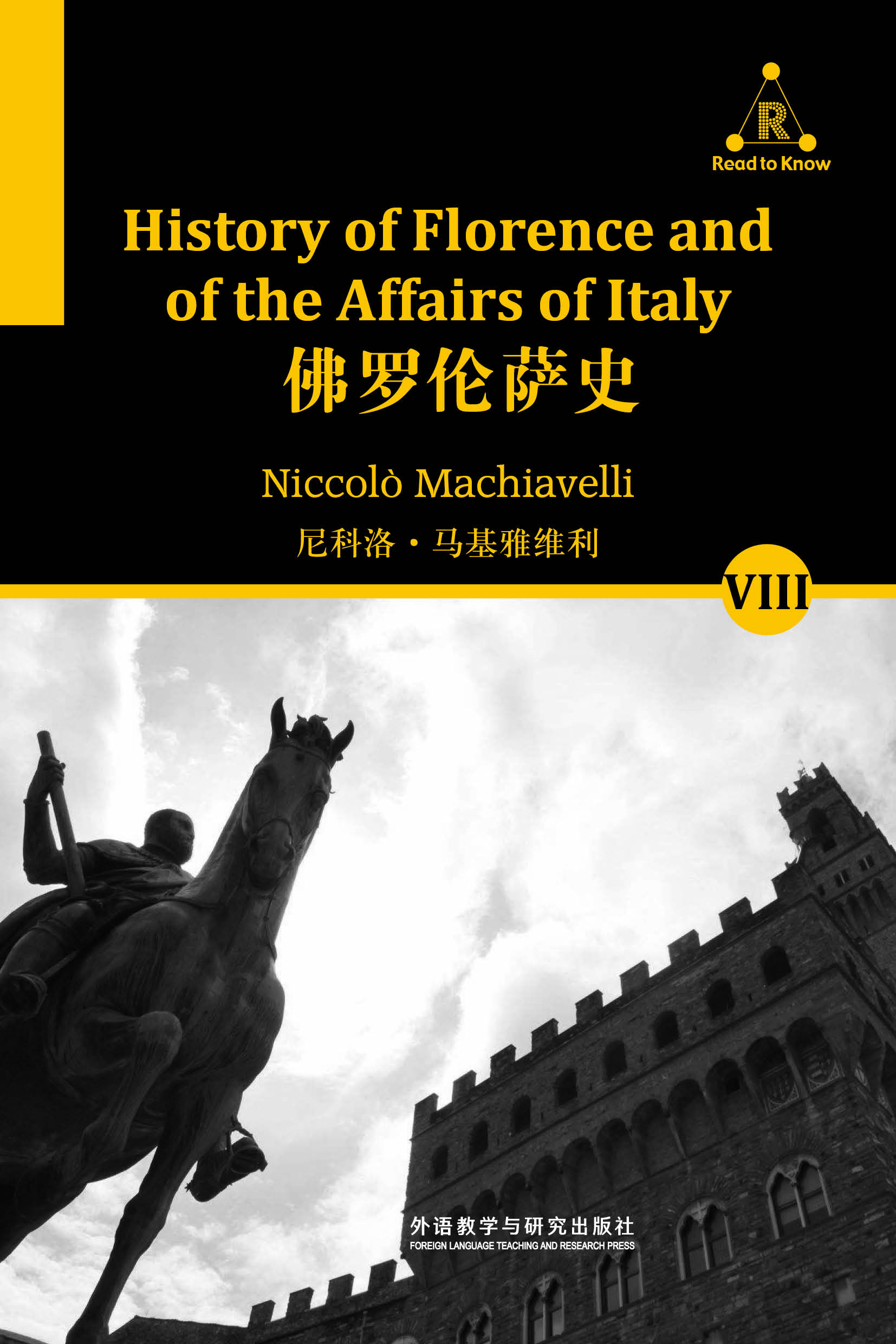内部的叛乱动摇了美第奇的统治,而外患却意外化解了统治的危机。
本书是文艺复兴时期意大利资产阶级政治思想家马基雅维利的主要人文主义历史学著作之一。第八卷概述公元1473—1492年美第奇家族的困难和最后的胜利。
This less-famous work of Machiavelli depicts a medieval Florence, a city garnished with both classical vestiges and Renaissance innovations, a city identified with arts and wealth, a city known for a family -- the Medici family. While the book covered the history of Florence from its very Roman beginning, the main discussion begins with the year 1215, when the Guelphs and the Ghibellines went to war (Interestingly, 1215 was also the year when the celebrated Magna Carta was signed), and ended in the year 1492, when Lorenzo de'Medici, then Lord of Florence, died (Interestingly, this event which Machiavelli considered the beginning of the downfall of Florence, happened in the year when Christopher Columbus discovered the Americas)Machiavelli is undoubtedly known for his masterpiece, the Prince, which makes it hard for people to look at this book without thinking about the other. The fact is that Machiavelli not only expressed much of the same idea in this book, he also used extensive historical figures and events as powerful references to his theories. For instance, the aforementioned Lorenzo de'Medici was, to Machiavelli, an almost perfect example of an ideal politician.
- BOOK VIII
- 书评 写书评
- 笔记
-
书评加载中...




201712180302234201290.jpg)








 京公网安备 11010802032529号
京公网安备 11010802032529号
笔记加载中...